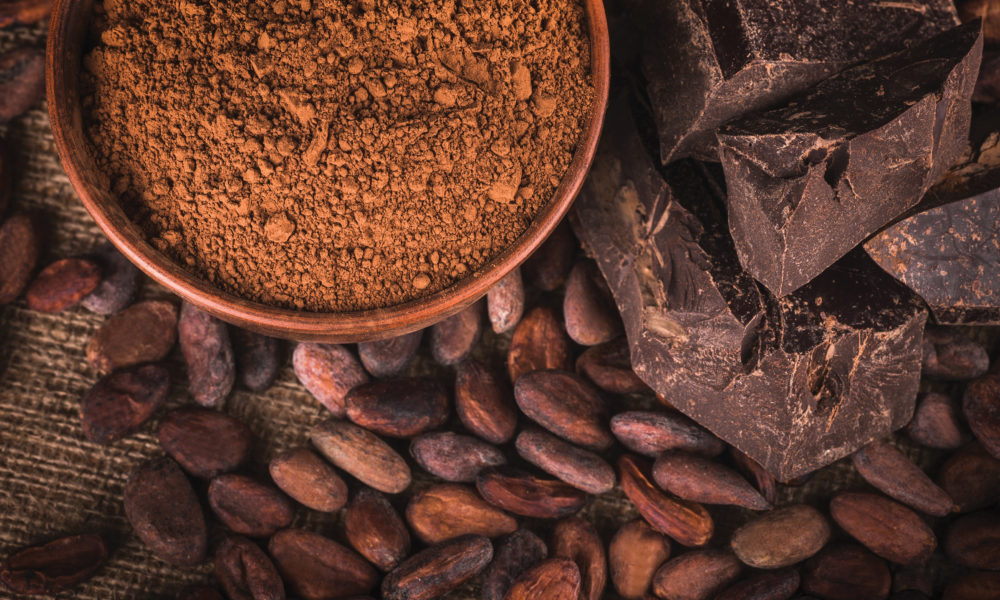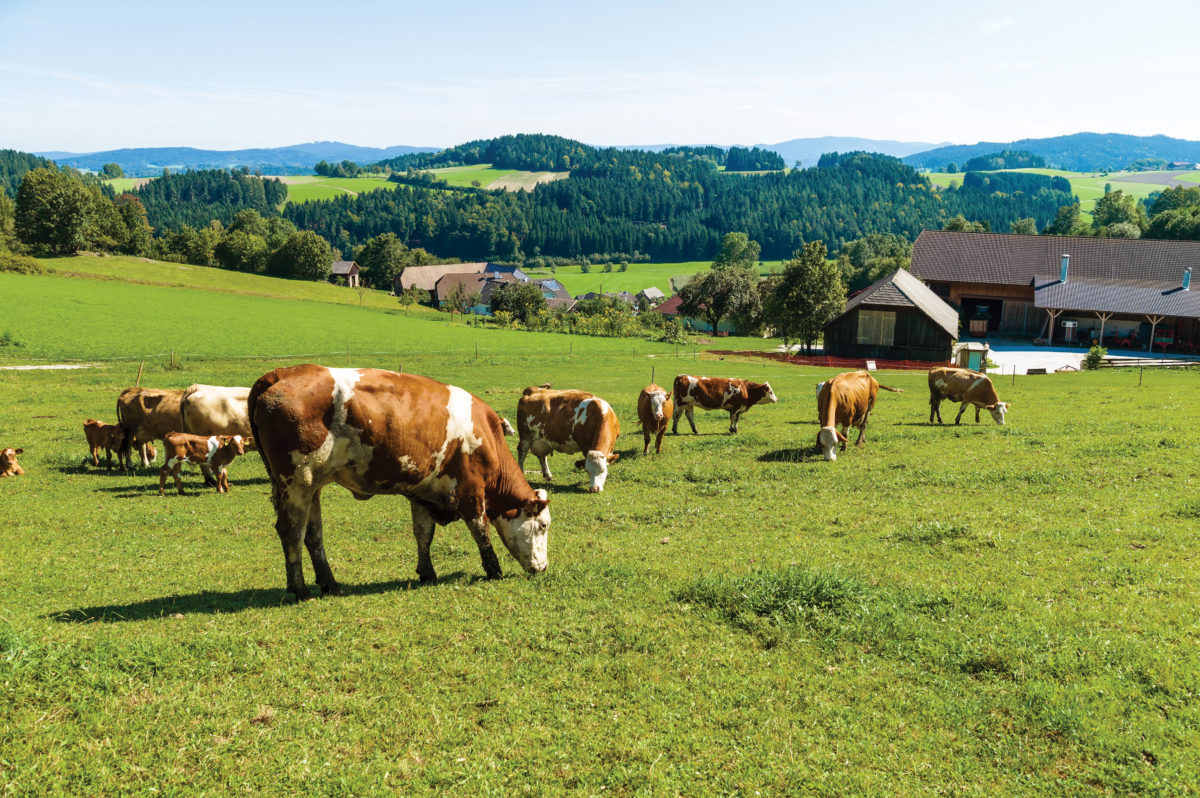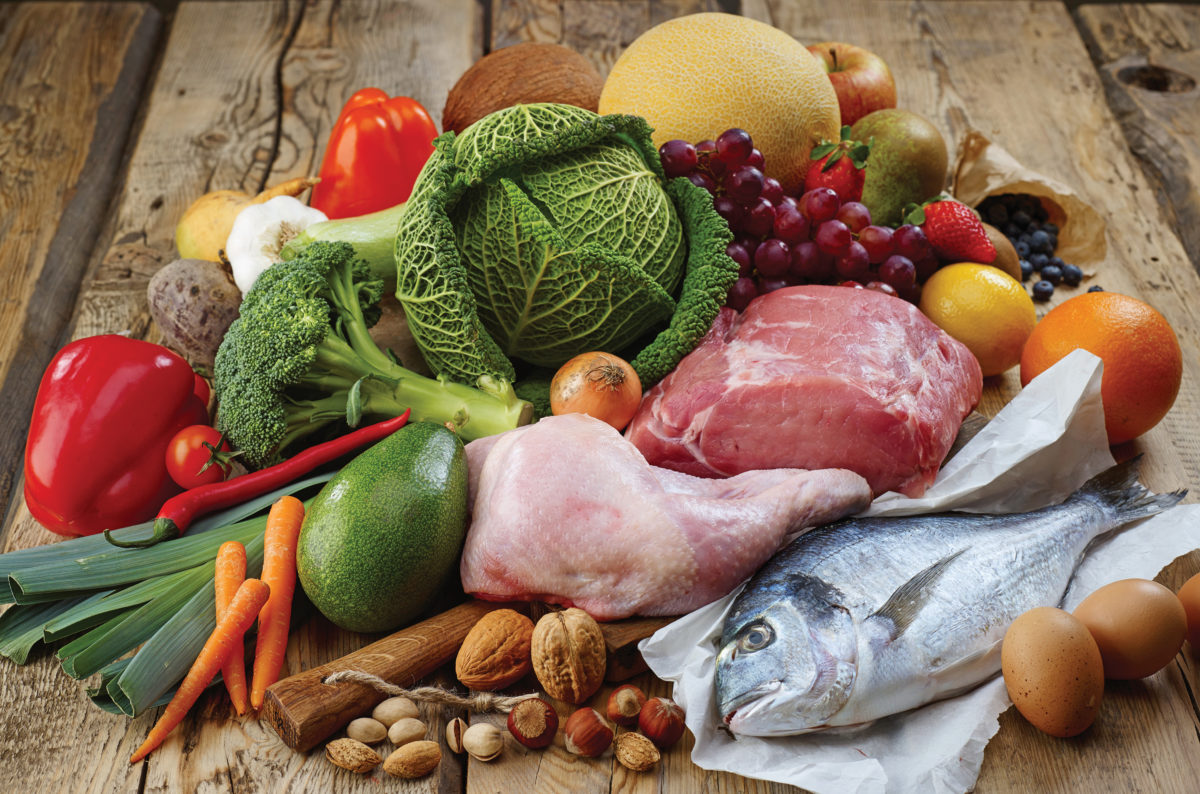

Now we know why Sonny the Cuckoo Bird is always “cuckoo for Cocoa Puffs”—he’s wired. Not only is cocoa packed with bioactive stimulants such as caffeine and theobromine, it’s teeming with powerful phenols that jack up hormones like adrenalin and noradrenalin that can really get you going.
Researchers at the University of Arizona decided to test just how powerful cocoa is as a stimulant. Instead of cuckoo birds, the scientists fed cacao to students, then took brain measurements 90 minutes later. The students in the high-cacao group had elevated levels of beta waves, which is a sign that the brain is more alert. Said researcher Larry Stevens: “Chocolate is indeed a stimulant and it activates the brain in a really special way.”
And it tastes a lot better than Adderall, too.
A Cure For The Common Cold?
The best way to win the fight against cold and flu season is to not get sick in the first place. Unfortunately, there’s no flu shot equivalent for the common cold, but you can try the next best thing: Gulp down flavonoid-rich foods and supplements.
A bulk of scientific research has found that upper-respiratory tract infections—a catchall term for nasty colds and related ailments—can be significantly reduced by ingestion of flavonoids, which are natural antioxidant compounds found in green tea, red wine, apples, blueberries, onions, sweet potatoes, and other fruits and veggies.
So how much of an effect can flavonoids have on preventing colds? According to a meta-analysis of 14 studies by researchers at the University of Auckland, those who consumed flavonoids had a 33 percent less chance of catching a cold than those people who didn’t ingest these powerful antioxidants. The scientists also found that people who eat generous amounts of flavonoids suffer fewer sick days than others.
So hit the produce section and wine bar and see if you can avoid a cold this year.
Why “Humane” Meat Tastes Better
When zombies roam the land searching for brains to eat, they don’t care if they’re munching on a Nobel Prize-winning scientist or a grade-school dropout. Humans are a little more particular where they get their grub, especially when it comes to our meat options, and these biases affect our taste buds.
According to research in PLOS ONE, your feelings about the treatment of farm animals have a profound effect on how much you enjoy your meat. The study, led by Lisa Feldman Barrett, University Distinguished Professor of Psychology at Northeastern University, found that putting a “factory farm” label on beef jerky caused study subjects to say it tasted less pleasant than the very same beef jerky that that was labeled as humanely farmed. The scientists also discovered that you’ll pay more for the humanely raised meat as well.
It’s a phenomenon known as “affective realism,” when your feelings influence your real-world perceptions. While you’ll happily eat cows and pigs, at least you’re not being a jerk about it, which frees your conscience to enjoy the meat more than you otherwise would.

Beta-Alanine May Help Against PTSD
Common pre-workout supplement beta-alanine (BA) may have beneficial effects on those who have suffered psychological trauma. BA is well-regarded by bodybuilders and hard-training athletes as an effective power booster in the gym, mostly due to its effect of raising carnosine in the bloodstream. Carnosine, an amino acid, has been shown in studies to help boost muscle strength and stamina during intense physical activity.
Now scientists at the University of Southern Florida have discovered that BA can lessen the effects of PTSD (post-traumatic stress disorder). In this animal study, ingestion of 100 milligrams of BA reduced anxiety in study subjects who previously been exposed to high-stress stimuli. The researchers believe the beneficial actions of BA are likely the result of increased concentrations of carnosine in the hippocampus, which has a protective effect in the brain. While it’s no cure-all for PTSD, it may help blunt some symptoms.
Java Heads Rejoice! Coffee Loves Your Brain.
Starbucks may not seem like a smart place (they call their smallest cup size a “tall,” after all), but what they serve may actually boost your brainpower, according to new research. In a study published in Scientific Reports, caffeine was found to help protect against age-related memory deficits, thereby counteracting cognitive decline in older brains. At work is a caffeine analogue that affects adenosine-A2, a receptor in the brain that’s associated with memory impairments in Alzheimer’s and other patients suffering from cognitive decline. Caffeine may help stabilize adenosine-A2, thus protecting the brain’s ability to fight the stress factors that contribute to loss of memory and other mental faculties. So not only can you enjoy the main product at Starbucks, you’ll have a better chance at remembering the Wi-Fi password.
What’s So Special About K?
You don’t hear too much about vitamin K, but it may be the nutrient that saves your joints and connective tissue from arthritis. Found in kale, spinach, broccoli, chard, and green leafy vegetables, vitamin K was discovered to have a dramatic association with osteoarthritis in knee joints, according to a study published in The Journal Of Medicine. Those who had lower concentrations of vitamin K in their blood had a much higher chance of having damaged cartilage than those whose levels exceeded a threshold of 0.5 nanomoles. In fact, not having enough vitamin K almost doubled the chance of developing osteoarthritis. The researchers believe that vitamin K increases a protein that helps strengthen connective tissue, thus contributing to its protective effects.
Paleo Caveat
The Paleo diet has often been bashed by the mainstream health media, but it has been shown to be very effective for changing the body composition of overweight carboholics. A recent study out of Australia followed 22 subjects as they followed the Paleo diet for four weeks. While they were not restricted to the amount of food they could eat, almost all of the subjects lost weight. The scientists did find a worrying deficit of certain vitamins and minerals, though. By eliminating grains and dairy, the subjects did not ingest enough calcium, B vitamins, or iodine. While there is plenty to like about the Paleo diet (swapping pasta for protein and vegetables is good), like many other eating programs it demands some smart supplementation for optimum performance.

Don’t Stop, Goji
Superfoods seem to come and go, but the goji berry has withstood the test of time. It has been used for thousands of years in traditional Chinese medicine to treat everything from macular degeneration to infertility. A recent study published in The Journal Of Alternative And Complementary Medicine found that goji berries can increase focus and mental acuity, and improve quality of sleep, energy, and even athletic performance. The fruit, also knows as the wolfberry, boasts high levels of antioxidants, amino acids, and potassium, the latter two of which assist in building muscle. One third of the carbs in goji berries come from fiber. Some evidence suggests that gojis support muscle growth via the combination of amino acids and potassium, which helps keep the pituitary gland healthy and stimulates it to produce more HGH.


















You must be logged in to post a comment Login